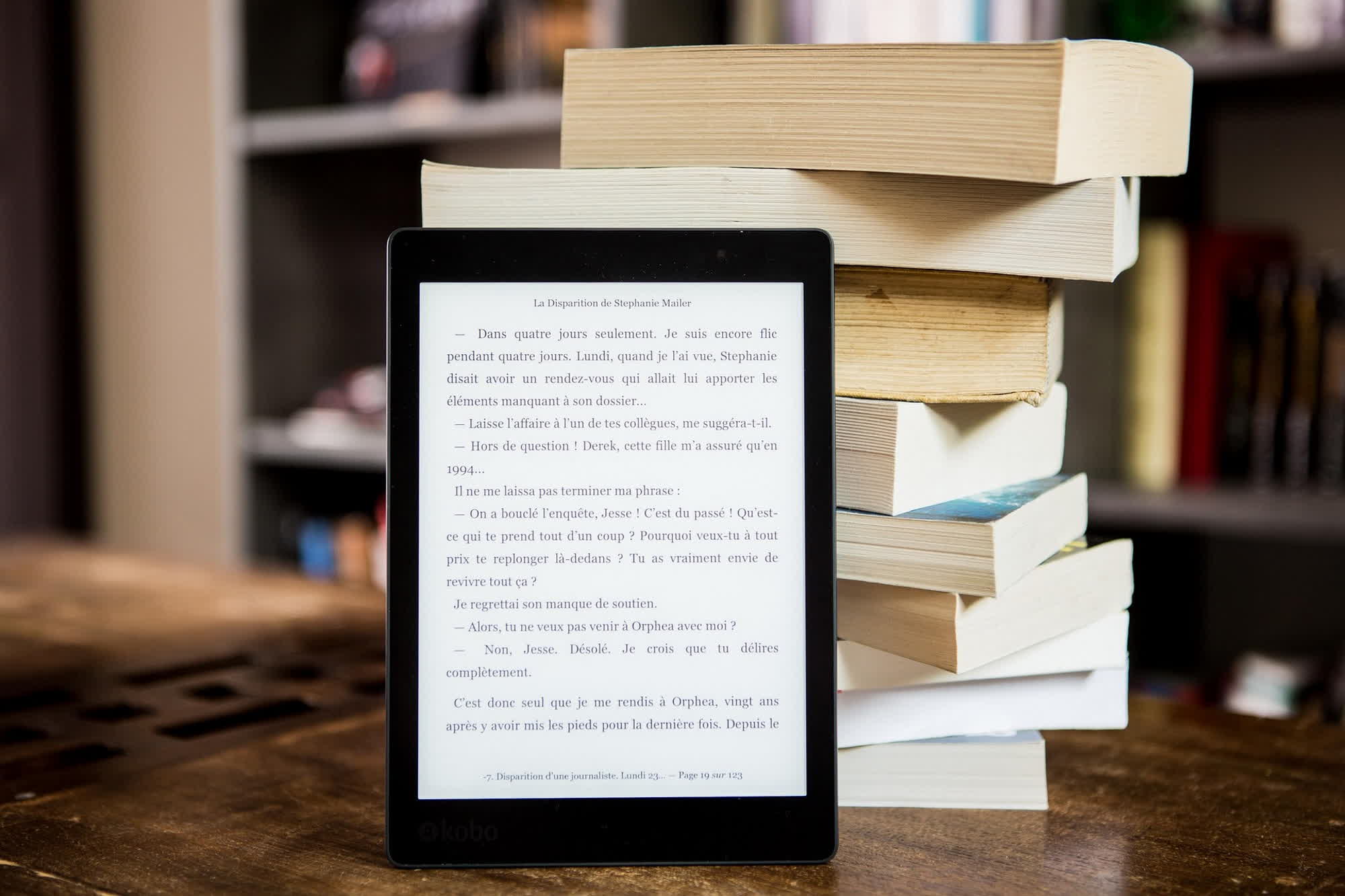Read Local: Bookshop.org has launched a new e-reading platform aimed at supporting third-party booksellers. The platform, which debuted five years ago with the goal of helping independent bookstores, is now extending that mission to the eBook market, despite Amazon's overwhelming dominance.

According to recent data from research firm IBISWorld, Amazon controls over 80 percent of all online (e)book sales. The retail giant also owns the highly popular Kindle platform, making it even harder for readers to choose smaller, independent alternatives.
"No matter how much you love your local bookstore," Bookshop founder Andy Hunter said, "if you want to read an e-book, you have to go to Amazon" or any other online platform. eBooks are now a significant revenue source for publishers and writers, and they could also benefit independent bookstores if readers are willing to practice a form of "socially-conscious consumerism."

Bookshop.org's new offering for eBook enthusiasts includes enhanced reading tools and the ability to purchase eBooks from local sellers. Readers can acquire their digital books in the same way they buy physical ones – by choosing a specific local bookstore to support or allowing Bookshop to distribute the funds across all participating sellers.
Once purchased, eBooks can be read using a dedicated mobile app on iOS or Android devices, with a web-based option available for desktop readers. However, Bookshop notes that the "full" reading experience, which includes advanced features like bookmarks, highlights, annotations, font and typeface customization, text search, and device syncing, is only accessible via the mobile app.
Since its inception, Bookshop has raised over $35 million to support independent bookstores, according to official figures. Founder Andy Hunter explained that while there is no "real way" to make the eBook service profitable, profitability isn't the focus in this case. Bookshop's mission is to help smaller bookstores not just survive, but thrive, in an increasingly digital world.
Amazon's eBook service undoubtedly offers a seamless reading experience, and it is likely to remain dominant in the near future. However, Hunter and Bookshop are determined to offer an alternative.
There's "no reason on Earth to give a billionaire your $9.99 for your e-book," Hunter said, criticizing the growing influence of Silicon Valley oligarchs. "It doesn't have to be this way. We can invest in, we can support our local community even when we're reading digital books," the entrepreneur added.
Amazon controls 80% of eBook sales – Bookshop.org wants to change that